Plant biology
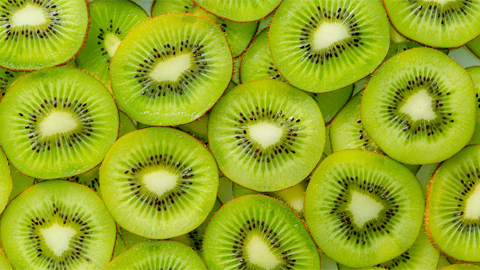
Engineered fusion protein targets kiwifruit pathogen
Synthetic protein selectively kills kiwifruit pathogen, offering a promising biocontrol strategy for agriculture. Read more about this recent JBC paper.
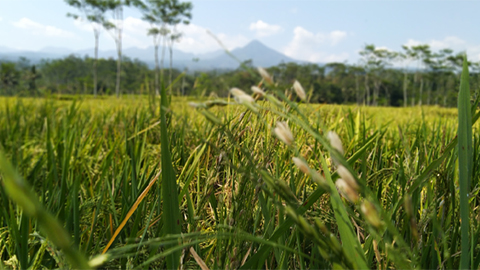
A look into the rice glycoproteome
Researchers mapped posttranslational modifications in Oryza sativa, revealing hundreds of alterations tied to key plant processes. Read more about this recent Molecular & Cellular Proteomics paper.

Parsing plant pigment pathways
Erich Grotewold of Michigan State University, an ASBMB Breakthroughs speaker, discusses his work on the genetic regulation of flavonoid biosynthesis.
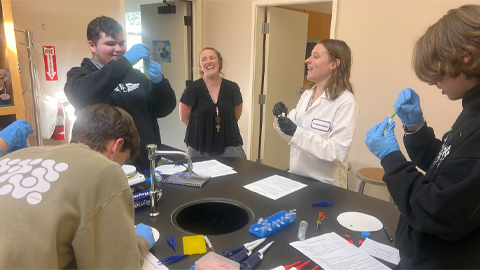
Using DNA barcodes to capture local biodiversity
Undergraduate at the University of California, Santa Barbara, leads citizen science initiative to engage the public in DNA barcoding to catalog local biodiversity, fostering community involvement in science.
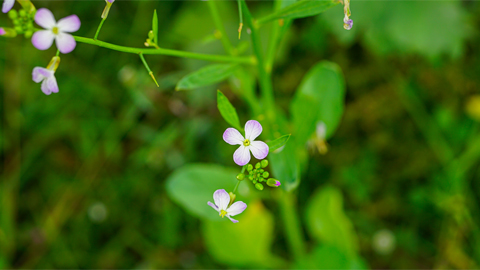
From the Journals: MCP
Protein acetylation helps plants adapt to light. Mapping protein locations in 3D tissues. Demystifying the glycan–protein interactome. Read about these recent papers.

From lab to land: Crop modifications are fortifying our food supply against climate change
Scientists explore genetic and biochemical innovations fueling future-proofing agriculture
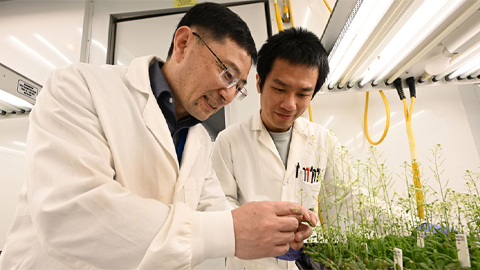
Modern plant enzyme partners with surprisingly ancient protein
A recent study reveals that a protein responsible for building a key component of modern plant cell walls first emerged in ancient species.

Harnessing a natural plant insecticide for commercial use
Researchers in Australia have identified circular peptides, called cyclotides, that affect the formation of cell membranes, causing death or restricted growth.
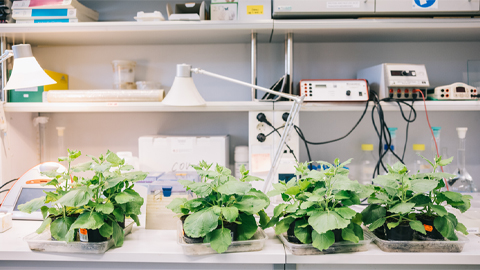
Simple trick could improve accuracy of plant genetics research
Researchers at North Carolina State University have found that a technique used to study gene activity in other organisms can also be used to make studies in plants more accurate.
